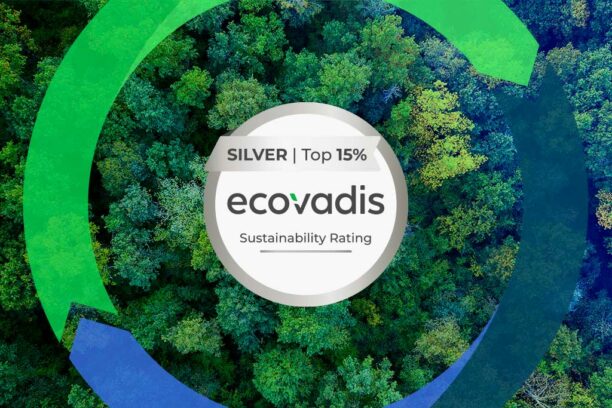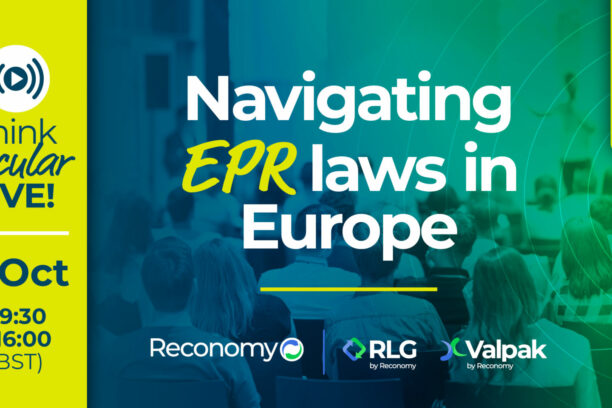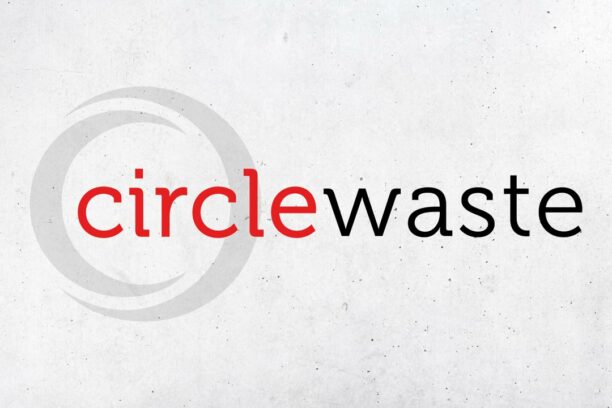The German Einwegkunststofffondsgesetz (EWKFondsG): What international companies need to know
What is the EWKFondsG?
Definition & Overview
The EU Directive 2019/904 aimed at reducing the environmental impact of certain plastic products serves as the basis for the German Einwegkunststofffondsgesetz (Single-use Plastics Fund Act), also known as the EWKFondsG. The law regulates the national implementation of the EU directive in Germany and will apply from 01.01.2024. The Single-Use Plastics Fund Act introduces the Extended Producer Responsibility (EPR) for certain single-use plastic products.
The law stipulates that producers and distributors of single-use plastic products and packaging pay into a joint fund on a pro rata basis. This fund will then be used to cover for instance the costs of cleaning public spaces of these products and their packaging or waste management measures. The fund also finances awareness-raising measures to educate people about the consequences of littering.
Aims of the Law
The primary objectives of this law are to reduce environmental pollution, promote recycling and raise public awareness of the problems caused by single-use plastics. In the long term, the aim is to promote more sustainable waste management and the responsible use of resources.
Keypoints of the EWKFondsG
Which products and/or packagings are affected?
The obligation to participate in the Single-Use Plastic Fund relates to single-use plastic products. These are products that consist entirely or partially of plastic. The proportion of plastic in the overall product is not decisive. Coffee-to-go cups, for example, which are largely made of paper and are only covered with a thin layer of plastic, are affected. However, materials made from natural polymers that have not been chemically modified are exempt from the regulation.
Single-use plastic products are manufactured for single use and not for multiple use cycles. This means for instance that they are not returned to the manufacturer or distributor, such as reusable plastic bottles.
There are currently 8 different product categories which are affected by the law. From 2026, fireworks will be added as a further category, which we have already included in this list for the sake of completeness:
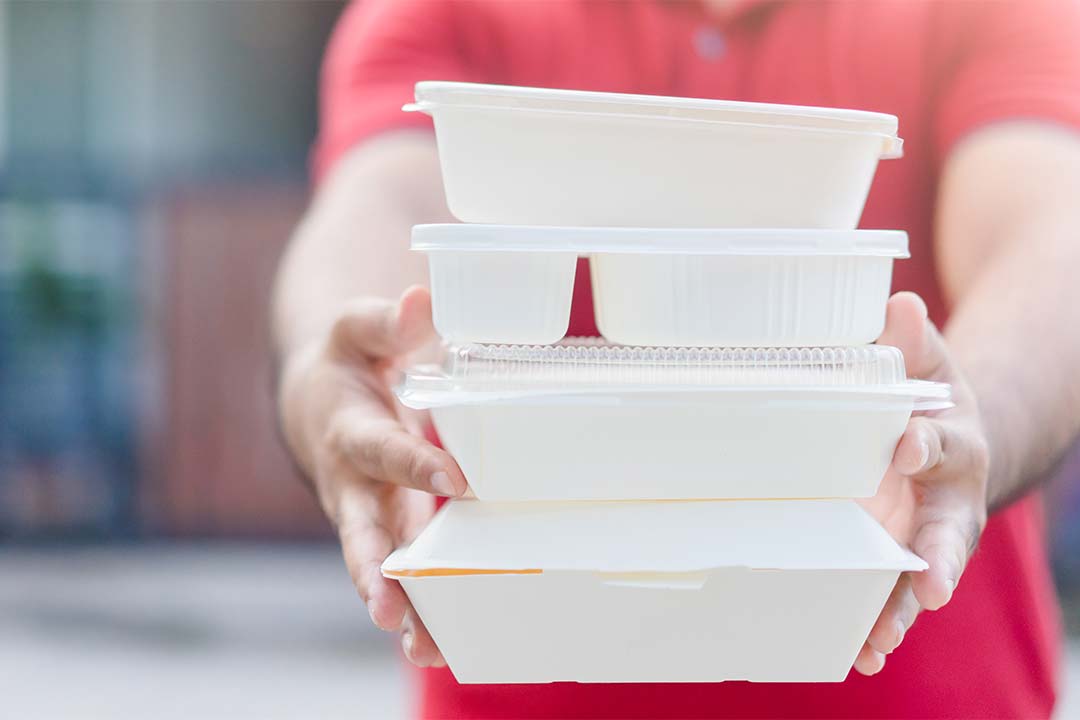
Food containers
Containers such as boxes, with or without lids, for foodstuffs
- a) which are intended to be consumed immediately, either on the spot or as a take-away dish,
- b) are generally consumed out of the container and
- c) can be consumed without further preparation such as cooking, boiling or heating;
Food containers in this sense do not include beverage containers, beverage cups, plates, bags and film packaging (such as wrappers) containing food.
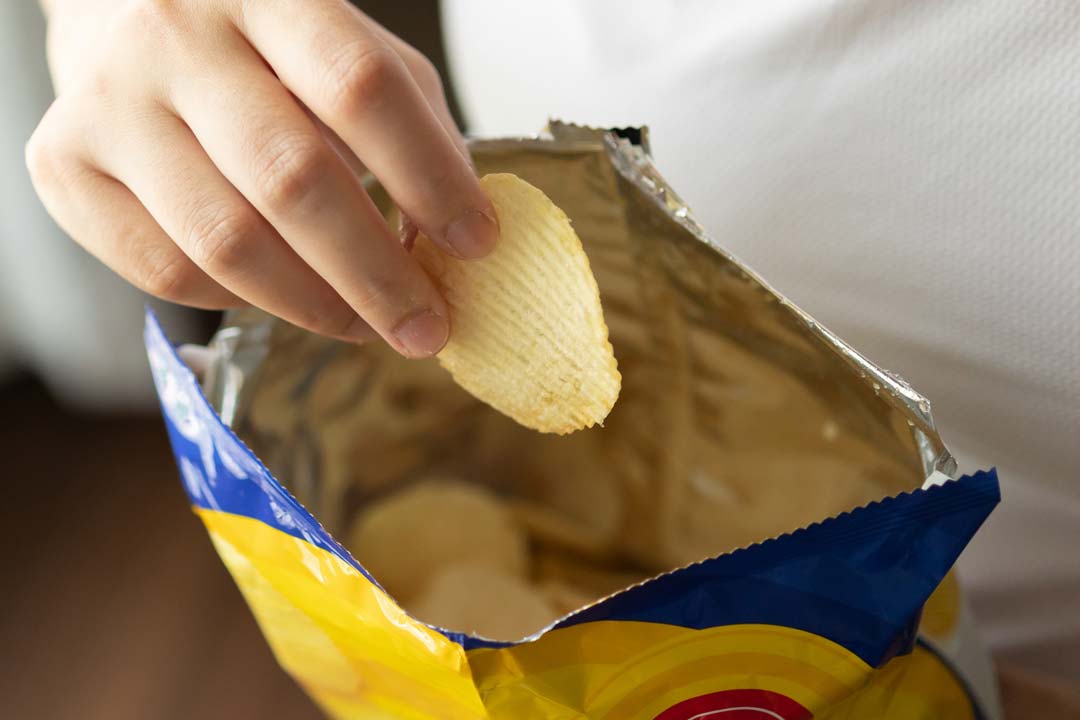
Bags and film packaging
Bags and film packaging made of flexible material, such as wrappers, with food contents intended to be
- a) eaten directly from the bag or film pack and
- b) does not require any further preparation.
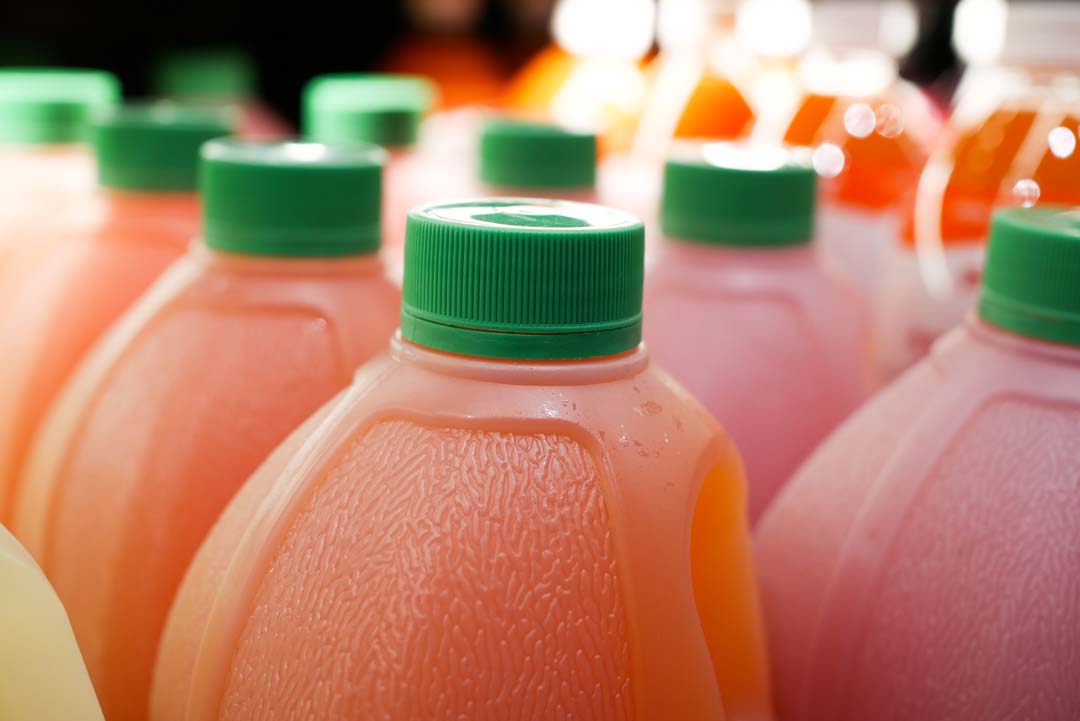
Beverage containers
This includes containers that are used to hold liquids, such as beverage bottles with and without a deposit and composite beverage containers, including their closures and lids. The filling volume is up to 3.0 litres.
Beverage containers made of glass or metal in which only the closures or lids are made of plastic are not considered to be beverage containers in this sense.

Beverage Cups
This refers to the entire cup including closure and lid.
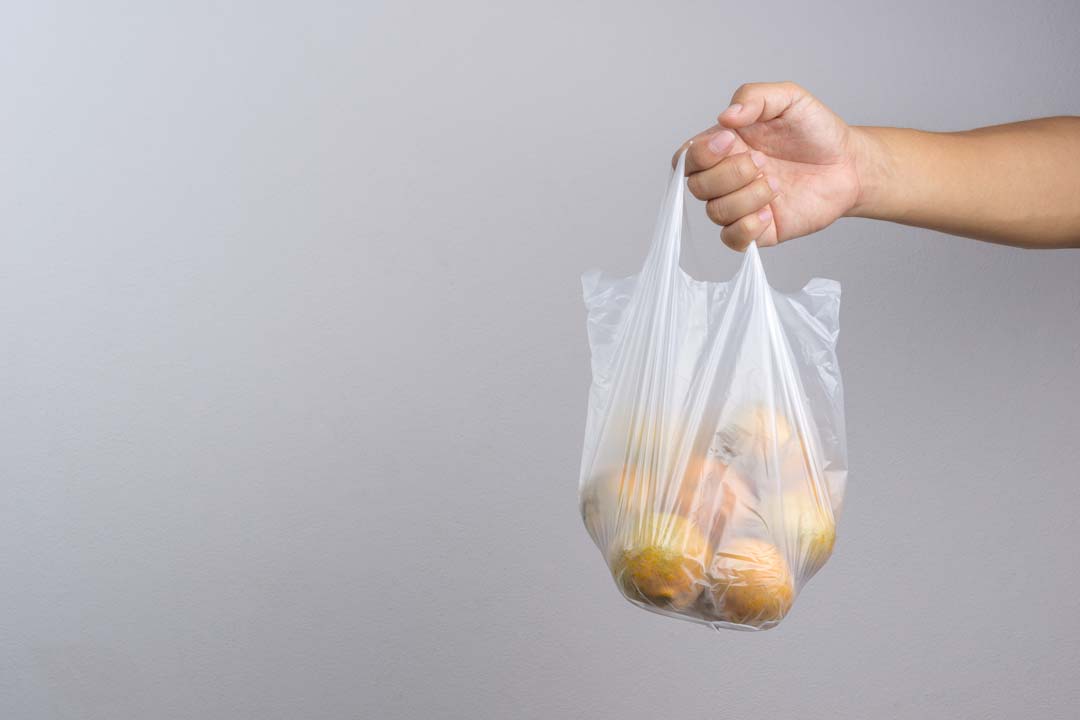
Lightweight plastic carrier bags
This refers to plastic carrier bags, so-called “shirt bags”, with a wall thickness of less than 50 micrometres, with or without a handle, which are offered to consumers at the point of sale of the goods or products.
Garbage or breakfast bags are excluded from the regulation.

Wet wipes
The law applies to impregnated wipes for personal and household carethat are used in private households. Excluded are wet wipes that are designed, developed and marketed exclusively for commercial use, such as medical wipes or wipes for medical care.

Balloons
This includes balloons used in private households. Balloons for industrial or commercial use and applications that are not supplied to consumers are not affected.
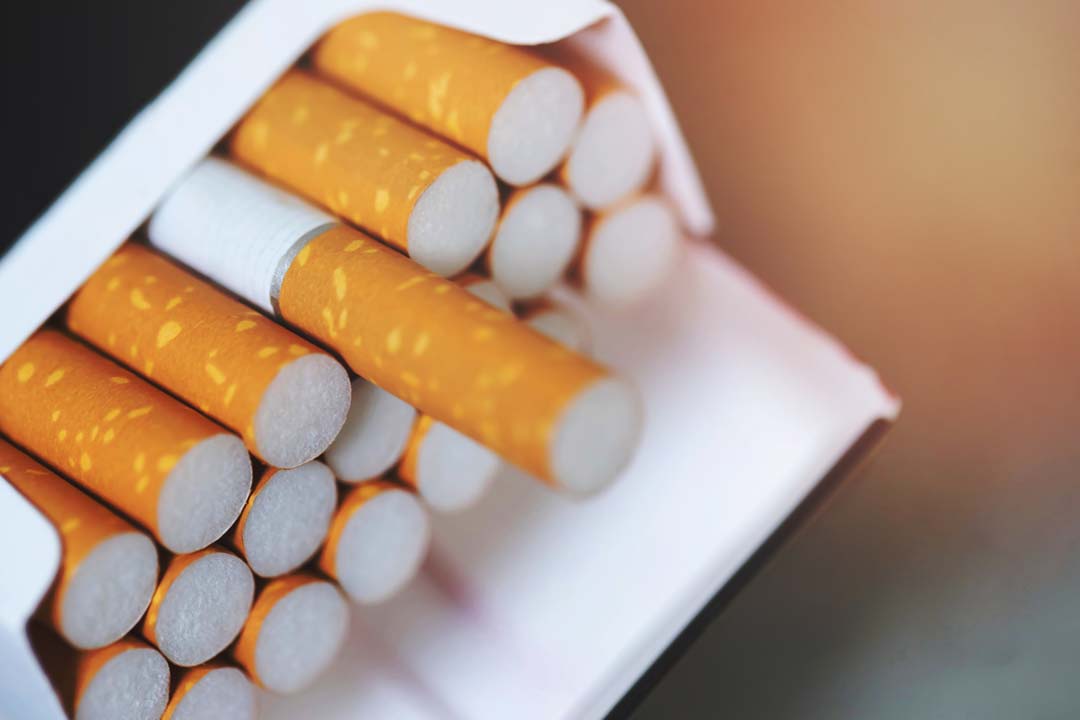
Tobacco Products
According to the law, these are tobacco products with filters and filters intended for use in combination with tobacco products.

Fireworks
The extension of the EWKFondsG to fireworks will apply from 1 January 2026.
Which companies are affected by the German EWKFondsG?
In general, all companies that are established in Germany and sell single-use plastic products commercially on the German market are affected by the EWKFondsG. International companies must also comply with the regulations if they sell their products directly to private end consumers or other users in Germany. However, the definition of a manufacturer is different here than in the German Packaging Act: it is irrelevant for the EWKFondsG whether the single-use plastic product is sold filled or unfilled. The decisive factor is that it is made available on the German market for the first time.
There are two ways to clarify uncertainties as to whether your company is affected:
1. Free online self-check:
This is merely a guide, not legal information or a binding legal assessment.
2. Application for categorization at the Federal Environment Agency
In contrast to the free self-check, this represents a legally valid categorization, but is subject to a fee. The fees depend on the complexity of the matter in question. Please note that a separate application must be submitted for each product and, for example, each type of distribution. After examination by the Federal Environment Agency, you will receive an electronic fee notice.
Checklist: What do producers have to do now?
Check the following two points:
- Are your products subject to the EWKFondsG?
- Is your company considered a producer as described above?
If your answer to both questions is “yes”, you will need to take the following steps:
- Register on the DIVID platform
- Fulfil your reporting obligation via the DIVID platform
- Pay the fees that are due in accordance with the EWKFondsG
Einwegkunststofffondsgesetz – what you need to know to register on DIVID
Registration on the DIVID online platform of the German Single-Use Plastics Fund has been possible since 1 April 2024. The Federal Environment Agency has set up the platform to enable all registrations, quantity reports and the processing of levies to be implemented digitally. The pro rata distribution and allocation of funds to cities, municipalities and beneficiaries also takes place via DIVID.
From now on, required manufacturers based in Germany can register on DIVID:
- You can register free of charge at www.einwegkunststofffonds.de/en via your ELSTER company account.
- If producers have already started their activities before 1 January 2024, registration must be completed by 31 December 2024.
- Producers who have started their activities from 1 January 2024 have to register immediately.
However, the legal obligation to pay fees will apply to all mandatory companies from 2024 and is independent of whether and when registration has taken place.
Payment of the single-use plastic fee
The first payment of the single-use plastic fee will not be made until 2025 and will be based on the single-use plastic products put on market in 2024. In subsequent years, payments will continue to be made annually for the previous year.
The single-use plastic fee is due one month after receipt of the levy notice, unless the notice specifies a different due date. If a manufacturer has not submitted a report, an estimate is made by the Federal Environment Agency on the basis of previous reports and other available data.
Single-use plastic levy: What are the costs for a producer?
The fees are listed in the Disposable Plastics Fund Ordinance and can be viewed there. They apply in euros and are stated per kilogramme. The following table provides an overview of the different categories:

Consequences of violations of the EWKFondsG: Fines and distribution bans
Compliance with the law is monitored by the German Federal Environment Agency. Operators of electronic marketplaces and fulfilment service providers also have a control function. They are legally obliged to only allow the offering of single-use plastic products or only provide services in relation to single-use plastic products if the manufacturers of these products are properly registered.
In addition, suspected violations of the German EWKFondsG can be reported to the Federal Environment Agency via owi-ewkf@uba.de.
Companies that violate the law must expect high fines or even confiscation of the single-use plastic products in question. The provisions on fines can be found in Section 26 EWKFondsG and can be as follows, for example:
- A registration was not made at all, not made correctly, not made completely or not made in time: In this case, a fine of up to 100,000 euros may be imposed.
- A report was not made, not made correctly, not made completely or not made in time: This can result in a fine of up to 10,000 euros.
Summary
The Single-Use Plastics Fund Act is an important step towards a more sustainable future. However, it also poses a challenge for companies. It formulates further legal requirements that manufacturers must fulfil and thus increases complexity.
If you need support, we are here for you. We are experts in the field of environmental legislation and help companies to fulfil the increasingly complex legal requirements.
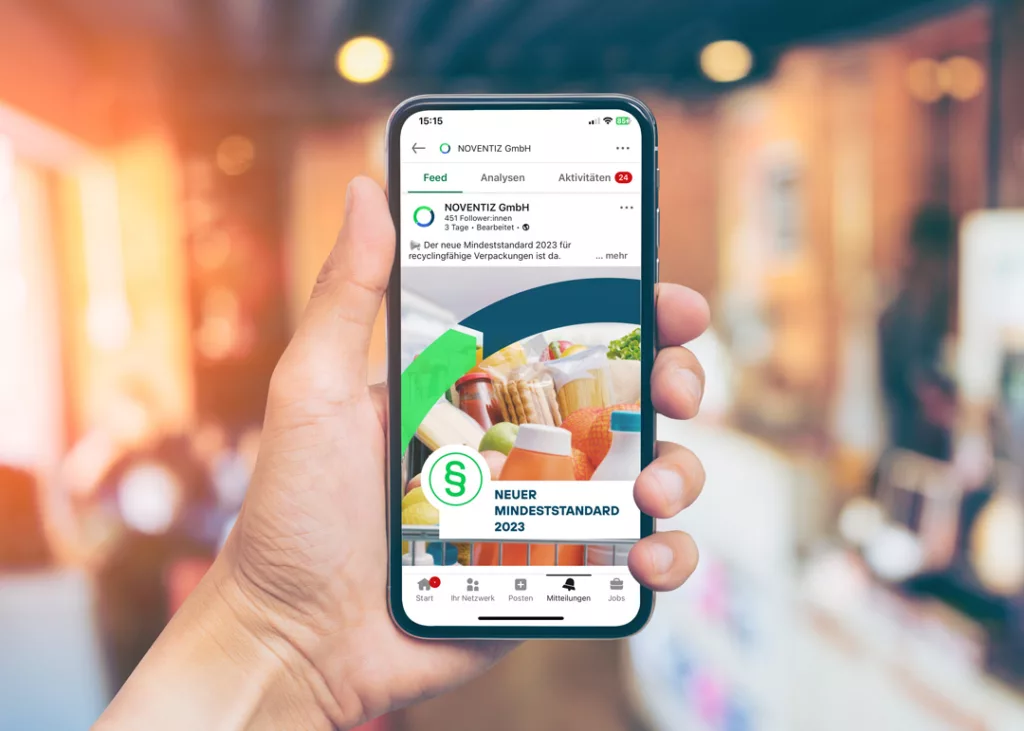
For more updates regarding the topic of plastic tax, follow us on our Linkedin channel!
We’re experts in packaging licensing, all types of take-back solutions and the assessment of recyclability in accordance with Section 21 of the German Packaging Act (VerpackG).
Stay up to date with Noventiz
At Noventiz, we support companies throughout Germany and Europe in all matters relating to environmental compliance. Do you have any questions about our EPR services?


